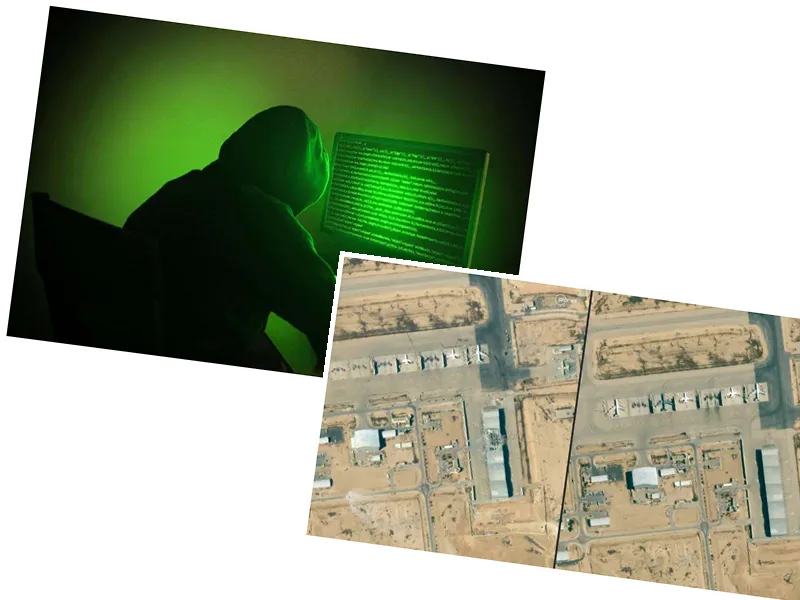Hamas's cyber operations reflect a significant shift in modern warfare, where digital espionage plays a crucial role in military strategy.
The evolution of Hamas's tactics indicates a growing sophistication in cyber warfare, emphasizing the need for enhanced cybersecurity measures within military organizations.
The use of social engineering techniques highlights the importance of human factors in cybersecurity, suggesting that training and awareness are critical in preventing such attacks.
As cyber warfare continues to evolve, it is likely that both Hamas and Israeli forces will enhance their cyber capabilities, leading to an ongoing arms race in the digital domain.
Future conflicts may increasingly involve cyber operations as a primary strategy, potentially overshadowing traditional military engagements.
The growing sophistication of cyber attacks may prompt nations to invest more heavily in cybersecurity infrastructure and training to protect sensitive information.
In a recent analysis, it has been revealed that Hamas's Qassam Brigades have significantly advanced their cyber capabilities, particularly in espionage operations against Israel. Following the October 7 attack, Israeli military reports confirmed that Hamas had been targeting Israeli soldiers with cyber attacks for two years prior, gathering sensitive information that aided in the execution of their operations. The Israeli army's investigation highlighted that Hamas was able to hack into soldiers' phones and potentially surveillance cameras within military camps, showcasing a sophisticated understanding of Israeli military operations and vulnerabilities.
The cyber operations can be categorized into tactical and strategic dimensions. Tactical operations aim for immediate objectives, such as disrupting Israeli military communications through denial-of-service attacks or deploying destructive malware like the 'BiBi Wiper.' In contrast, strategic operations focus on long-term intelligence gathering to understand Israeli military capabilities, which played a crucial role in planning the recent attacks.
Hamas's cyber espionage tactics have evolved over the years, employing social engineering techniques to manipulate Israeli soldiers into downloading malware. Notable operations include the 'Hamas Beauties' campaign, where fake profiles were used to lure soldiers into installing spyware. Recent reports indicate that Hamas-affiliated groups have developed more advanced social engineering methods, targeting high-value individuals in the Israeli defense sector through sophisticated phishing attacks.





